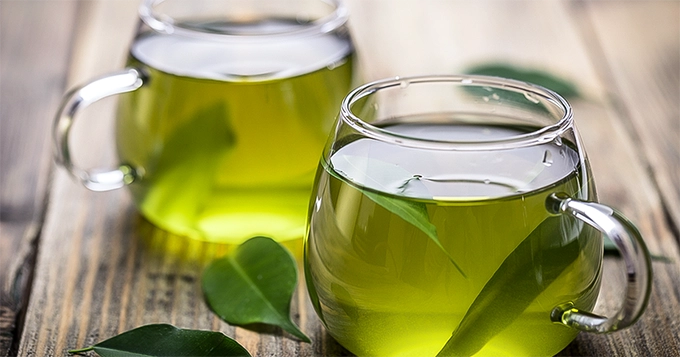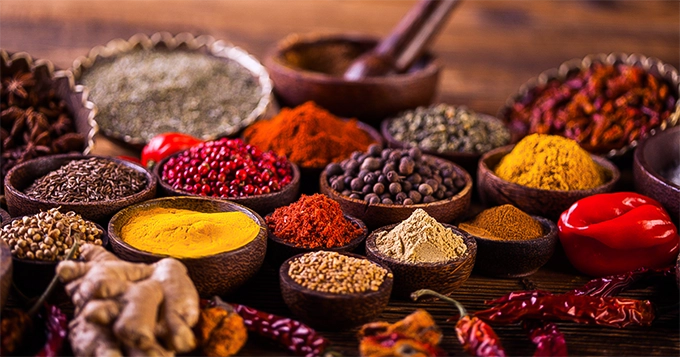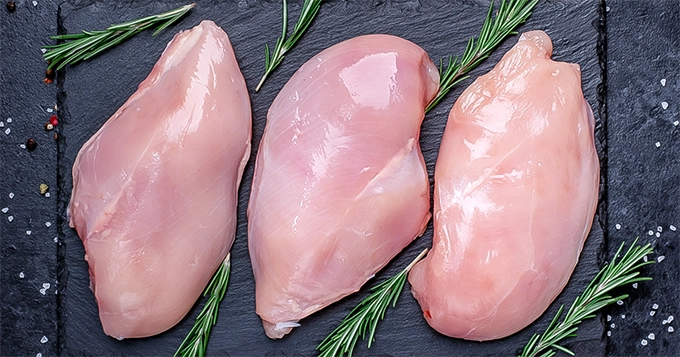The increase in your metabolic rate after eating a meal is known as the thermic effect of food (TEF). It is also referred to as the quantity of energy needed by your body to break down, absorb, and process the food that you consume.
It’s critical to comprehend the thermic effects of protein and other food types and how they nourish your body if you want to reduce body fat or gain muscle.
Fat has a TEF of 0-3% and offers 9 calories per gram.
Carbohydrate has a TEF of 5–10% and 4 calories per gram.
Protein has a TEF of 20–30% and 4 calories per gram.
Foods with a High Thermic Effect
High thermic foods take more energy to digest and absorb, which causes an increase in post-consumption energy use. This increase in energy use has the potential to boost total calorie burn and support weight reduction attempts. This high thermic food list can help you get an idea of what foods have a high thermic effect.
Green tea and coffee
Beverages with caffeine are commonly believed to be thermogenic. This doesn’t mean that you should drink a lot of coffee and tea every day. The TEF is just approximately 10% of your TDEE, and proteins (particularly meat) are known to have the highest TEF, not liquids.
Spices
Turmeric, black pepper, and cinnamon are just a few of the spices that are known to be thermogenic. Curcumin (a substance found in turmeric) is thought to interact with fat cells. Many individuals think spices like turmeric, black pepper, chili peppers, cinnamon, and ginger can correct the recognized obesity-causing causes of insulin resistance and hyperlipidemia.
Aside from being thermogenic, turmeric has a lot of benefits that can play a great role in your healthy lifestyle: (1) Anti-inflammatory and antioxidant properties may aid with muscular discomfort and lower potentially harmful substances in your body known as free radicals. (2) Provides a distinctive taste for dishes like curries and drinks. (3) Adding black pepper boosts the absorption of curcumin by 2000%.
Chili peppers
Capsaicin, the ingredient that gives chili peppers their hot flavor, is found in chili peppers. Capsaicin is said to raise body temperature after consumption, which causes calorie expenditure. Chili peppers are regarded as a food that induces thermogenesis as a result.
However, according to several research, consuming enough capsaicin to experience these possible advantages of the thermic effect of food is not feasible. Eating a lot of spicy peppers might potentially have unfavorable side effects, including diarrhea and upset stomach.
Protein-rich foods
Protein, of all the macronutrients, has the highest thermic effect of food. Because it requires more effort to digest, your body uses more energy and burns more calories. You can boost your metabolic rate by eating protein-rich meals like lean meats, fish, eggs, and dairy products.
Fibrous Vegetables
If you don’t eat meats that are rich in protein, high thermic effect foods vegetarian options are available. Foods with high thermic effect that vegetarians can enjoy include bean sprouts, sweet potatoes, celery, green vegetables, and garlic.
It’s probable that the fiber and other nutrients in high thermic effect foods vegetarian options assist in increasing your metabolism, despite the fact that theories about this differ. As a result of your faster metabolism, you may burn more calories while eating.
Does cooking affect TEF?
There are fewer calories expended when food is more processed or prepared since your body doesn’t have to work as hard to digest it. In simpler terms, when you cook something, it makes it easier for your body to digest that food thus, not a lot of energy is used to absorb it.
Vegetables lose nutrients when they are cooked at high temperatures or in boiling water. During these cooking processes, water-soluble vitamins, including Vitamin C and B vitamins, are frequently lost. Up to 60–70% of minerals like potassium, phosphorus, calcium, magnesium, iron, and zinc may be lost.
Protein in food items is not as easily lost during cooking as vitamins are. However, overcooking or high-temperature cooking will denature the proteins in food.
The quantity of fiber in food does not dramatically decrease while cooking. Vegetables, whether raw or cooked, can provide you with fiber advantages. While just steaming food has little to no impact on the vitamins in it, overcooking veggies does lower their vitamin content.
Conclusion
It may be tempting to try low-carb or low-fat diets to lose weight, but doing so is unsustainable and won’t be effective over the long run.
Your body slows down your metabolism to make up for the calorie shortfall and holds onto every calorie you consume, accumulating them as fat.
For long-term sustainable outcomes, you can place yourself in a healthy and balanced calorie deficit. Your body will continue to work hard if you eat more protein-rich foods with a stronger thermic impact, which will allow you to enjoy the afterburn for the duration of the day.









